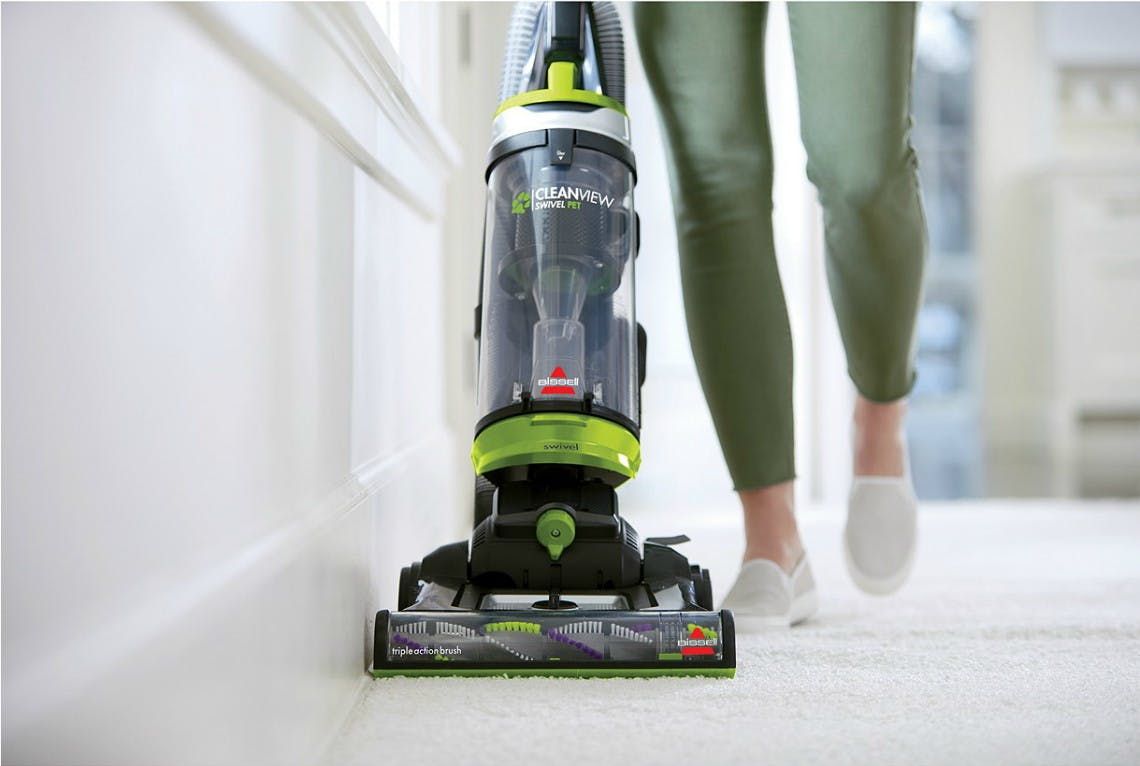
You may be unsure about the composition and ingredients of Mrs. Meyers All Purpose cleaner. Keep reading. Below are some of the ingredients you should avoid. These include synthetic dyes, Sodium Benzoate and fragrance, as well as non-antibacterial. This article will provide you with information on the benefits Mrs. Meyer's products offer. There are other options.
Sodium Benzoate
The ingredients in Mrs. Meyer's all purpose cleaners are often ethoxylated. This involves the addition of two chemicals - ethylene dioxide and 1,4-dioxane. These chemicals can cause allergies or sensitization in some individuals. Mrs. Meyers does not intend to add this chemical to the product. However, it has been discovered in other personal care products.

Synthetic dyes
All-purpose cleaners often contain toxic ingredients. In 2018, the United States spent over $1.2 billion on all-purpose cleaners. Many of these chemicals are not only harmful to human health, but they are also dangerous for the environment. These dangerous ingredients are the main reason for an increase in chronic health problems across the country. They can also be very dangerous to the environment, which is becoming a bigger concern as pollution continues its rise.
Fragrance
Mrs. Meyer's allpurpose cleaners contain fragrances, but they are not very transparent about their ingredients. Some fragrance ingredients such as Benzyl Benzoate are known allergens while others have low safety ratings. The ingredient lists of many Mrs. Meyer's fragrance ingredients are long and difficult to read, and there is no safety data. They are better than traditional cleaning products but contain fragrances and other potentially harmful ingredients.
Non-antibacterial
There are many people who wonder about the non-antibacterial ingredients in Mrs. Meyer’s all-purpose cleaner. This well-known brand claims to be a fun, green, and responsible brand. The line of dish soaps as well as household cleaners it produces contains all-natural essential oil, aloe verde, and soap bark extraction. All are free phthalates (MEA), and glycol solvents.

Never tested on animals
While the UK has strict laws regarding animal testing, many mainstream brands continue their product testing on animals. Even companies that claim to be cruelty-free still use animal-tested ingredients in products. Although packaging can contain phrases that discourage animal testing, this may not be applicable to the products themselves. How can you tell if a brand is cruelty and vegan?